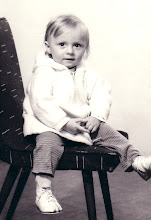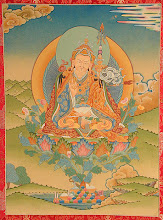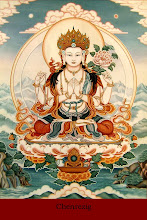
We are honoured to invite professionals from around the world to attend the 1st Conference on the Practical Application of Buddhism in Western Psychology.
The idea proliferated in the minds of different people as diverse as psychotherapists, psychiatrists, translators, business people and practicing buddhists who came together to create a forum for the cross-discipline discussion of important issues based on certain Buddhist techniques such as mindfulness and contemplative approach to psychotherapy, health care, self-development and organizations. From this inspiration the 1st Conference on the Practical Application of Buddhism in Western Psychology has been established.
Mindfulness can be defined as "nonjudgmental moment-to-moment awareness". There is emerging scientific evidence supporting this great buddhist insight about the benefits of "allowing" experiences rather than suppressing or avoiding them in Western psychotherapy and applied psychology.
Certain Buddhist techniques have already been incorporated in modern-day psychological interventions and psychotherapies, just to mention a few: Mindfulness-Based Stress Reduction, Dialectical Behaviour Therapy, Mindfulness-Based Cognitive Therapy, Acceptance and Commitment Therapy, Contemplative Psychotherapy.
The aim of our conference is to be the platform of inspiration for scientific research, workshops, and training programmes on mindfulness and other Buddhist techniques. That is why we refer to a "practical application" and not just theoretical and philosophical concepts of psychology and Buddhism.
The conference also refers to the thoughts of the late Chögyam Trungpa Rinpoche, a Tibetan Buddhist teacher, who was the first to investigate the relationship between Eastern Buddhism and Western psychology and established the first university in the world (namely Naropa University) to integrate these two traditions of thinking and pedagogy.
We believe that mindful, contemplative and compassionate approach can be combined with rigorous, empirical science.
The meeting is and organised by the Polish Mindfulness Association and partially sponsored by the Marpa Institute (www.marpa.pl).
On behalf of the Organising Committee,
Julia E. Wahl









